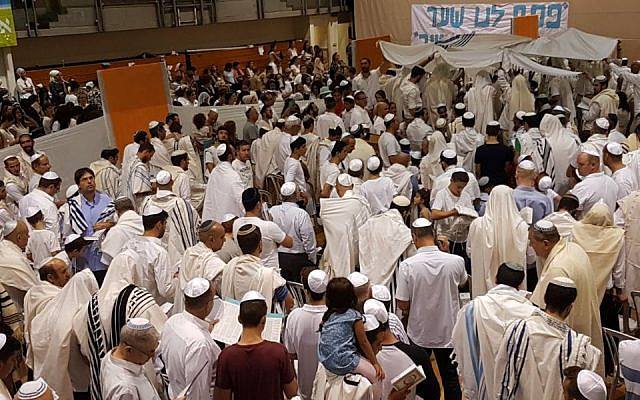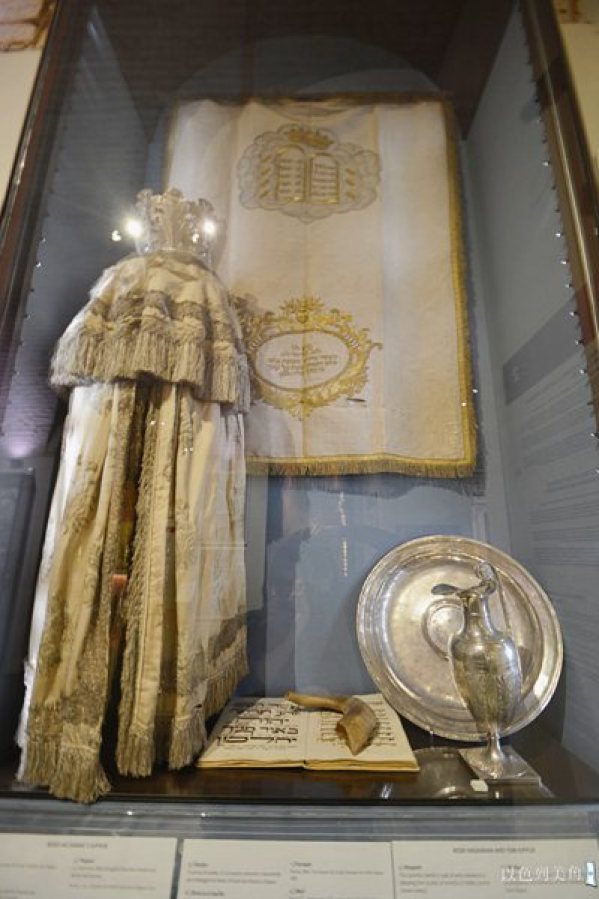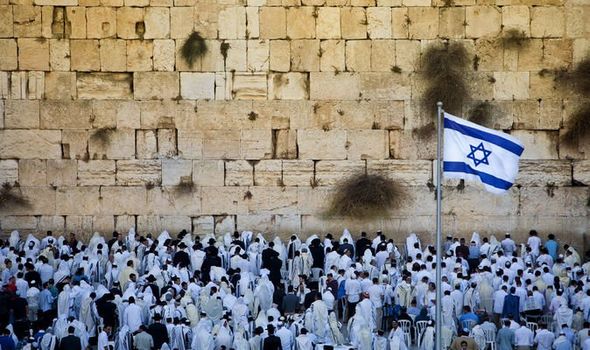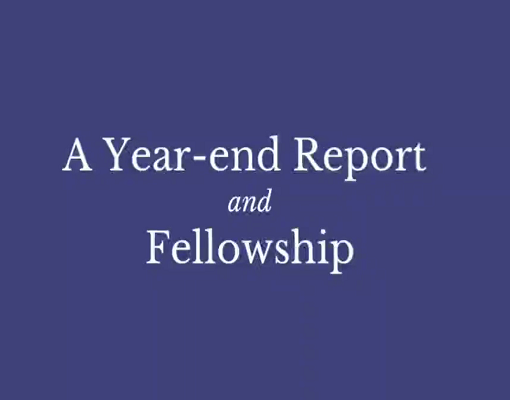“And on the tenth day of this seventh month is the Day of Expiation; you shall have a holy convocation, and you shall afflict your souls and present an offering by fire to Jehovah. And you shall do no work on that same day, because it is a Day of Expiation, to make expiation on your behalf before Jehovah your God.” (Leviticus 23:27-28)
Yom Kippur (Hebrew: יוֹם כִּיפּוּר), also known as the Day of Expiation, is the holiest day of the year in Judaism. This year Israelis celebrated Yom Kippur On October 9th 2019, according to the Jewish calendar. Jews traditionally observe this holy day with an approximate 25-hour period of fasting and intensive prayer, often spending most of the day in synagogue services. As one of the most culturally significant Jewish holidays, Yom Kippur is observed by many secular Jews who may not observe other holidays.
The Feast of Expiation closely followed the Feast of the Blowing of Trumpets, which involves Israel’s repentance and return to God. For New Testament believers, this signifies that the day of man’s redemption follows the trumpeting of the gospel and man’s repentance as a reaction to it. In addition, the people’s afflicting their souls and bringing an offering by fire to Jehovah signify their mourning, repenting, and feeling sorrowful for sin, and offering Christ as food to God for the satisfaction of both God and man.
『七月初十日是遮罪日,你們要有聖會,並要刻苦己心,也要將火祭獻給耶和華。當這日,你們甚麼工都不可作,因為是遮罪日,要在耶和華你們的神面前為自己遮罪。』(利未記23:27-28)
昨天(10/9)是猶太曆的七月十日遮罪日(Day of Expiation),對猶太人這是一年當中最莊重的節日。十三歲以上的人,都要禁食禁水二十五小時;大多數人就算平時不去猶太會堂聚會,這一天也會去。聖殿被毀後,現代猶太人守遮罪節的方式與傳統不一樣,拉比不再講用祭物和用血贖罪,而是開始教導人的姓名有沒有被紀念在生命冊上,是看做好事和壞事的比重。這天全國上下都不工作,公車不開、景點不開放、甚至連邊境都暫時關閉,家裡的電視也不會開。著名的遮罪日戰爭就是因為阿拉伯人看準猶太人非常看重這天,刻意發動攻擊。
過完吹角節,也就是猶太新年之後,緊接著就是遮罪節。對新約信徒來說,吹角表徵宣揚福音,呼召罪人悔改得救;遮罪表徵基督的救贖。百姓刻苦己心,將火祭獻給耶和華,表徵憂傷痛悔,為罪傷痛,並將基督當作食物獻給神,使神與人同得滿足。百姓甚麼工都不可作,卻要有完全安息的安息日,表徵神的贖民不需要為他們的蒙救贖作甚麼工,只要安息於神為他們所完成的救贖裏,使神也能在祂所救贖的人裏得安息。



Source: https://www.facebook.com/kokiahouse/posts/2364617970459363



